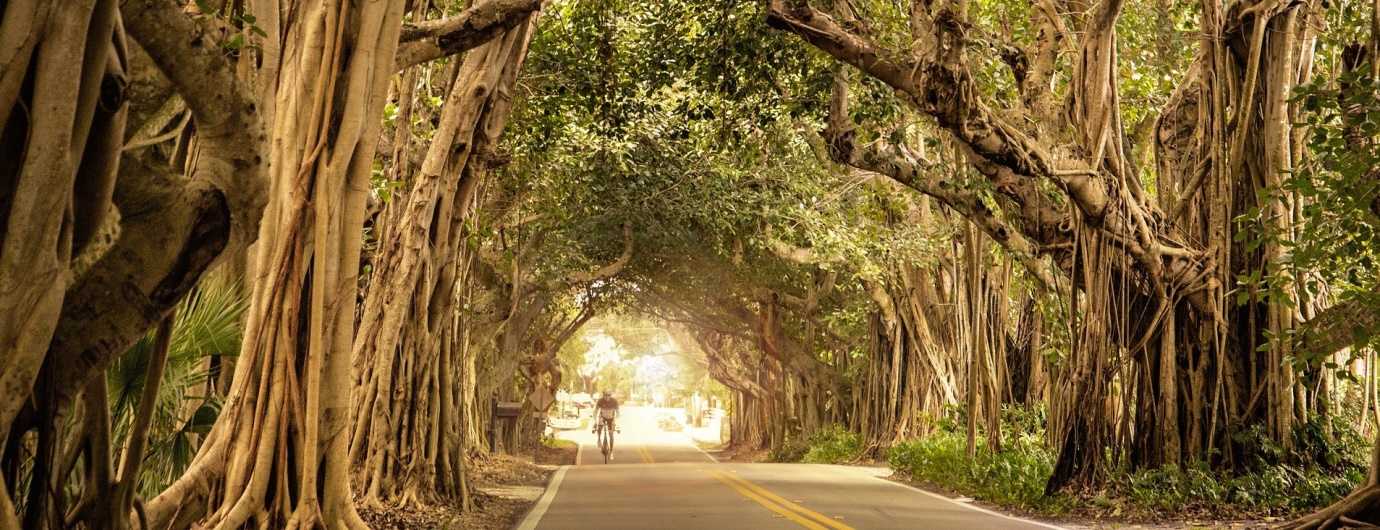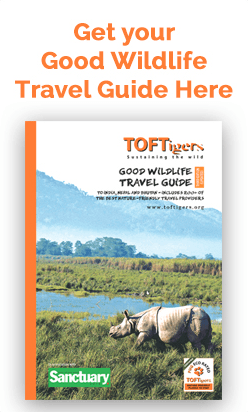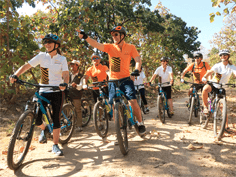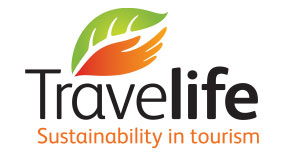Your Sustainability Journey
It’s an amazing industry
The travel and tourism industry is one of the world’s largest industries, contributing hugely to many nations economic health and development. It’s also powerful as a job creator, a nature conservation tool, as a community development tool and to help poverty reduction across the world. It has recognised cross cultural benefits, as well as educational, health and human well-being benefits. Most agree that it’s helped ensure peace and stability amongst nations and towards neighbours.
Read More
Read Less
Tourism – especially sustainable nature based ecotourism as proposed by TOFTigers, contributes to three key United Nations Sustainable Development Goals and seven of the ‘Aichi’ targets formulated by the intergovernmental Convention on Biological Diversity. Other advocacy trends include a vision of a world where nature based tourism businesses conserves and enhances natural capital; and the growing sustainability needs demanded by governments and conscious consumers.
Furthermore, a study in February 2015 by WWF US, Princeton and Cambridge Universities, has gauged the economic impact of visit to protected areas globally, and the figures are astounding. Covering over 92,000 parks across the world, it is estimated that visitors generate over US$600 billion per annum in revenue for Governments – yet only US$10 billion a year is invested in landscape conservation by these governments annually, a wholly unacceptable figure to keep our planet’s natural ecological services in working order. The world’s best known biologists are calling for a ‘funding multiple’ to protect our Planet Earth. (see further details and research here)
However there are also significant challenges in travel and tourism, and in nature based tourism. Travel and tourism accounts for around 5% of global carbon emissions** – half of which is attributable to aviation, and a lack of options to change this is a major climate challenge and threatens the basis of any benefits accrued to wilderness by the advent of the rural economies behind wildlife tourism. Issues of carry capacity, land use, cultural change, pollution and infrastructure all need addressing by both Governments and the industry to ensure real sustainability. They are all too often said, yet seldom delivered.
The reality of sustainable development on the Indian subcontinent is a poor one. Infact it’s one of the worst in the world. The World Economic Forum’s 2017 Travel and Tourism report states that even though India is ranked as one of the world’s top biodiversity hotspots, its ability to draw visitors to its remarkable natural heritage is a dismal 113th in the world. More worryingly, the environmental sustainability of this sector within India is ranked almost last in the world at 134 of 136 countries. Nepal is not much better, but countries like Bhutan have proven with smart policies and strategies sustainable development is possible, without a large environmental cost.
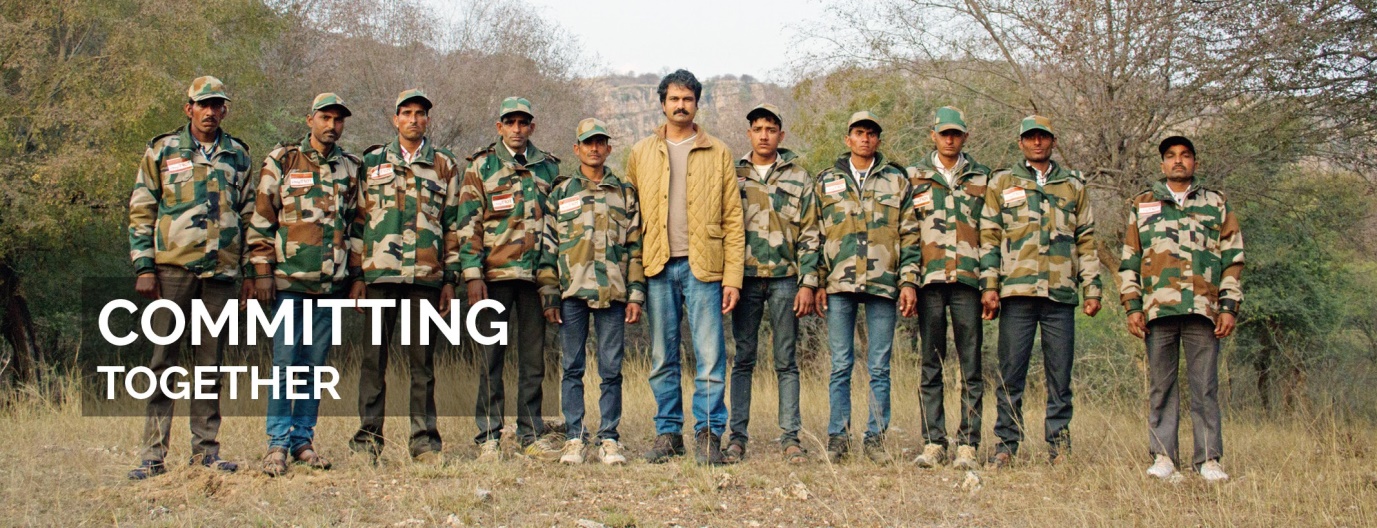
Your Sustainability Journey starts here.
You may well be moving from what has, to this point, been a defensive ‘can’t do that attitude’, where you were possibly opposing regulations and policy that help sustainability in many destinations you offer or work within. You will, by reading this, now be contemplating a more participatory approach, by joining TOFTigers for example. That’s a positive step, but we will turn this to a proactive approach, where we encourage you to accept certain corporate commitments and devise a vision and sustainable strategy for your own business. You will then recognise the benefits to your business and to your stakeholders, and move to the final step – one of innovation and collaborative action. This is a comprehensive strategy to drive engagement, collaborate and innovate your product as well as certify your offerings and have some reporting structures and targets to verify it.
That is your likely Sustainability journey, and you can start at any point on it like any journey.
The very first – and possibly the most important step in this journey – starts by calling us here

